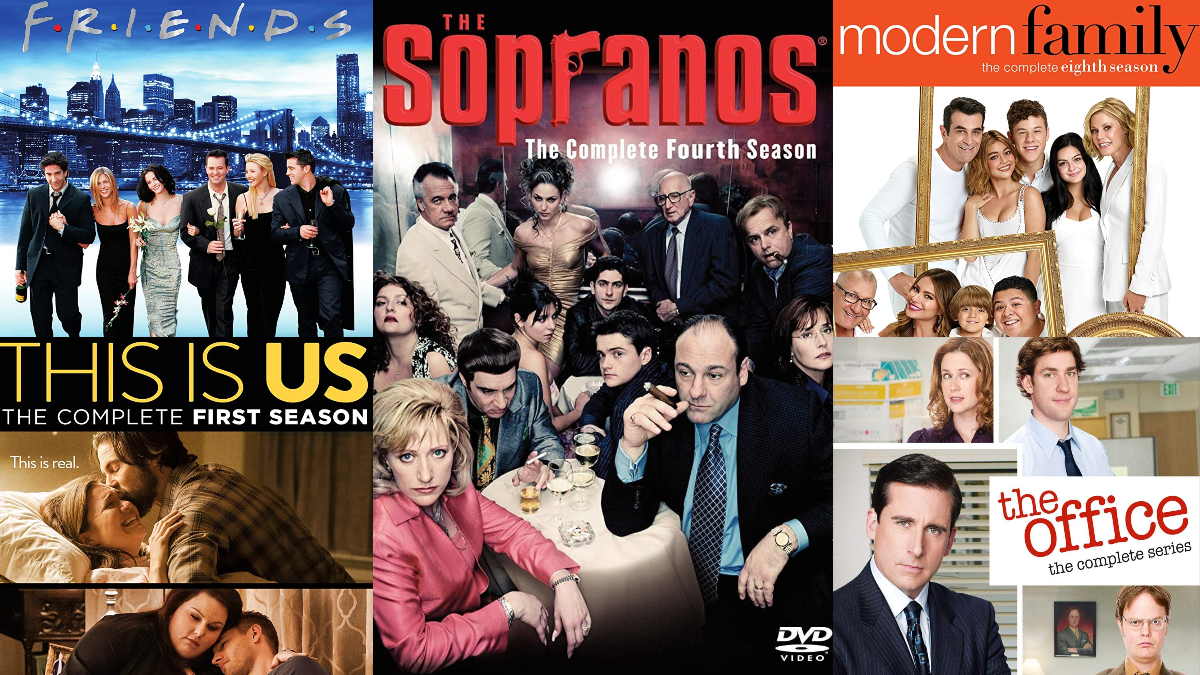Television has really upped its game in the past few decades. As viewers have shown a love for flawed characters and complex storytelling, networks have given series creators the freedom to do things they never could have tried in the early days of the medium.
But even the best shows have their problems.
After all, when a series has to churn out at least a dozen new episodes every year for an extended period of time, it’s virtually impossible for the quality to remain perfect. Whether they are common complaints that have been levied by die-hard fans for years or issues that were noticed by TV critics, here are the most glaring flaws of shows that were otherwise fantastic.
‘Seinfeld’

The Flaw: Jerry Seinfeld’s terrible acting
NBC’s “Seinfeld” was a smash hit with audiences and critics — and it remains a cash cow more than 20 years after it ended — but there’s a huge weak spot at its center. Jerry Seinfeld, the stand-up comedian who co-created and starred in the sitcom, had no acting skills whatsoever. His performance throughout the entire series is essentially a one-note affair, full of cracked smiles as he tries not to laugh. Seinfeld’s flat lead performance sticks out even more when compared to the immense talent surrounding him in the main cast from Julia Louis-Dreyfus, Jason Alexander and Michael Richards.
‘Breaking Bad’
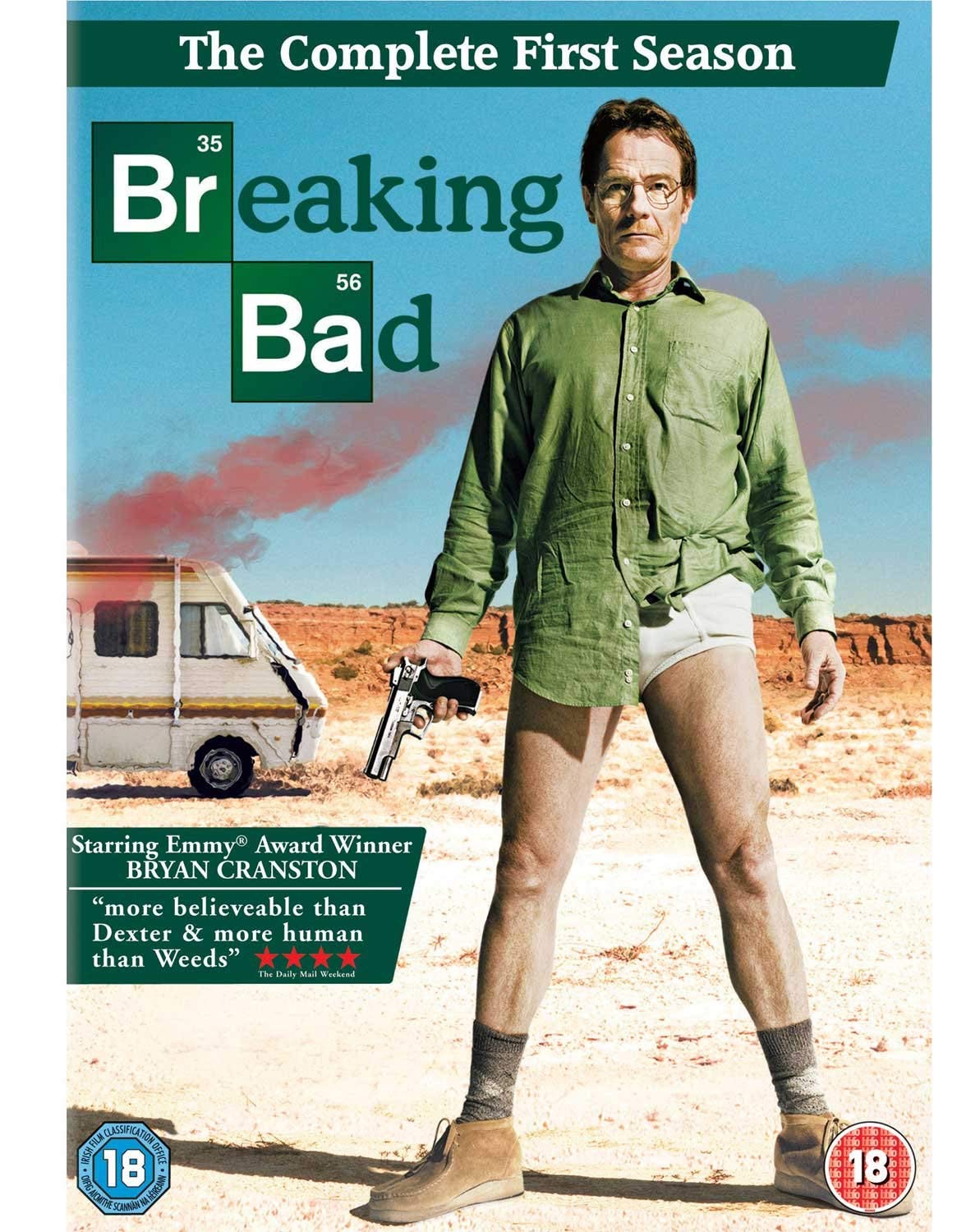
The Flaw: No strong roles for women
We’ve written before about why “Breaking Bad” belongs among the greatest shows in TV history, but there was a major flaw in its writing. For as many deep and memorable roles that the show created for men, it had none to offer women. The women on the AMC series were either reduced to annoying nags (Skyler), annoying hypocrites (Marie) or plot objects for male characters (Jane). While Anna Gunn was able to win two Emmy Awards for her work as Skyler White, the character was never written with the same depth or nuance as figures like Walt, Jesse or Mike.
“The real sexism is built in to the show, which rarely evinces any curiosity about Skyler’s inner life, apart from how it affects Walt,” The A.V. Club once wrote of the beloved show.
‘The West Wing’

The Flaw: Disappearing characters
Many long-running shows suffer from cast turnover as they run on, but “The West Wing” is particularly bad about introducing new characters with great fanfare only to have them completely disappear. The earliest example of this was Mandy, a main character in the first season who was never seen or mentioned again once the second season started with no reason given on screen. Other supporting characters who vanished into thin air with little fanfare include Ainsley Hayes, Will Sawyer and Oliver Babish. The show’s writers also never seemed to know what to do with Abbey Bartlet and Will Bailey.
‘Girls’

The Flaw: The lack of diversity
While HBO’s “Girls” was an Emmy-winning hit that gave its viewers a glimpse into the minds of urban millennials, its focus was a bit too narrow. The show was hammered by critics for exclusively following white characters across its ensemble cast, earning it the disparaging nickname, “White Girl Problems.”
For a show that was set in New York City and made the city itself a major part of its storytelling, almost all the scenes, especially in the early seasons, were completely devoid of non-white faces, even in the background. It was a reputation that will always hang with the show.
‘The Sopranos’
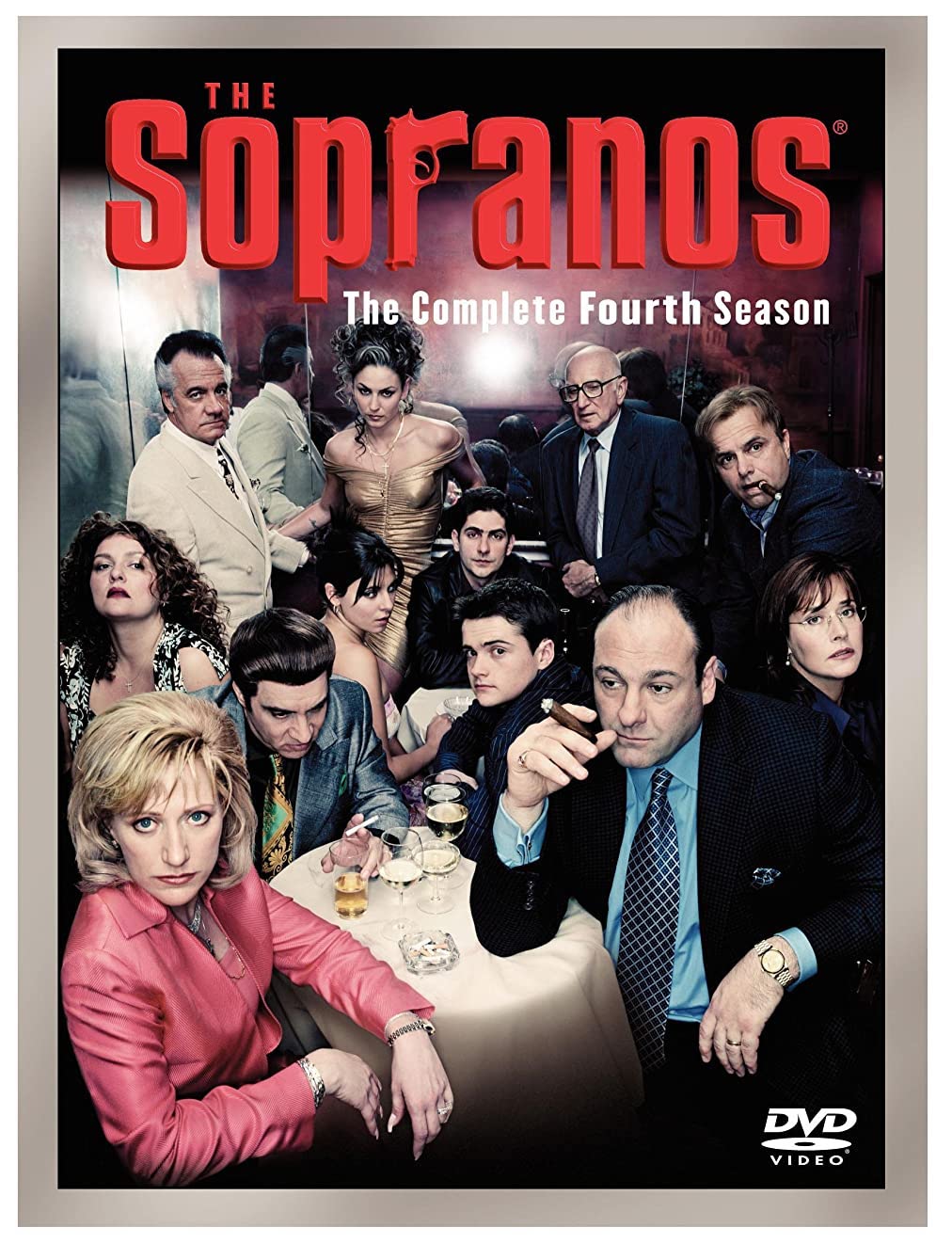
The Flaw: Resurrecting a dead actor
Another HBO classic, “The Sopranos” is widely regarded as one of the greatest shows in TV history — and for good reason. However, the show made a serious error in the way it handled a key dramatic scene following the real-life death of a cast member. When the show wrapped its second season in 2001, Tony Soprano was embroiled in a major storyline involving his mother, Livia. Unfortunately, the actor who played Livia, Nancy Marchand, died before the third season went into production, leaving the writers in a tough spot.
To give her character an onscreen send-off, the show’s producers used CGI to edit her head onto another actor’s body for one final scene between Livia and Tony. The result is painful to watch today because the animation job they did looks obvious and awkward, making for probably the worst single scene in the series.
‘The X-Files’
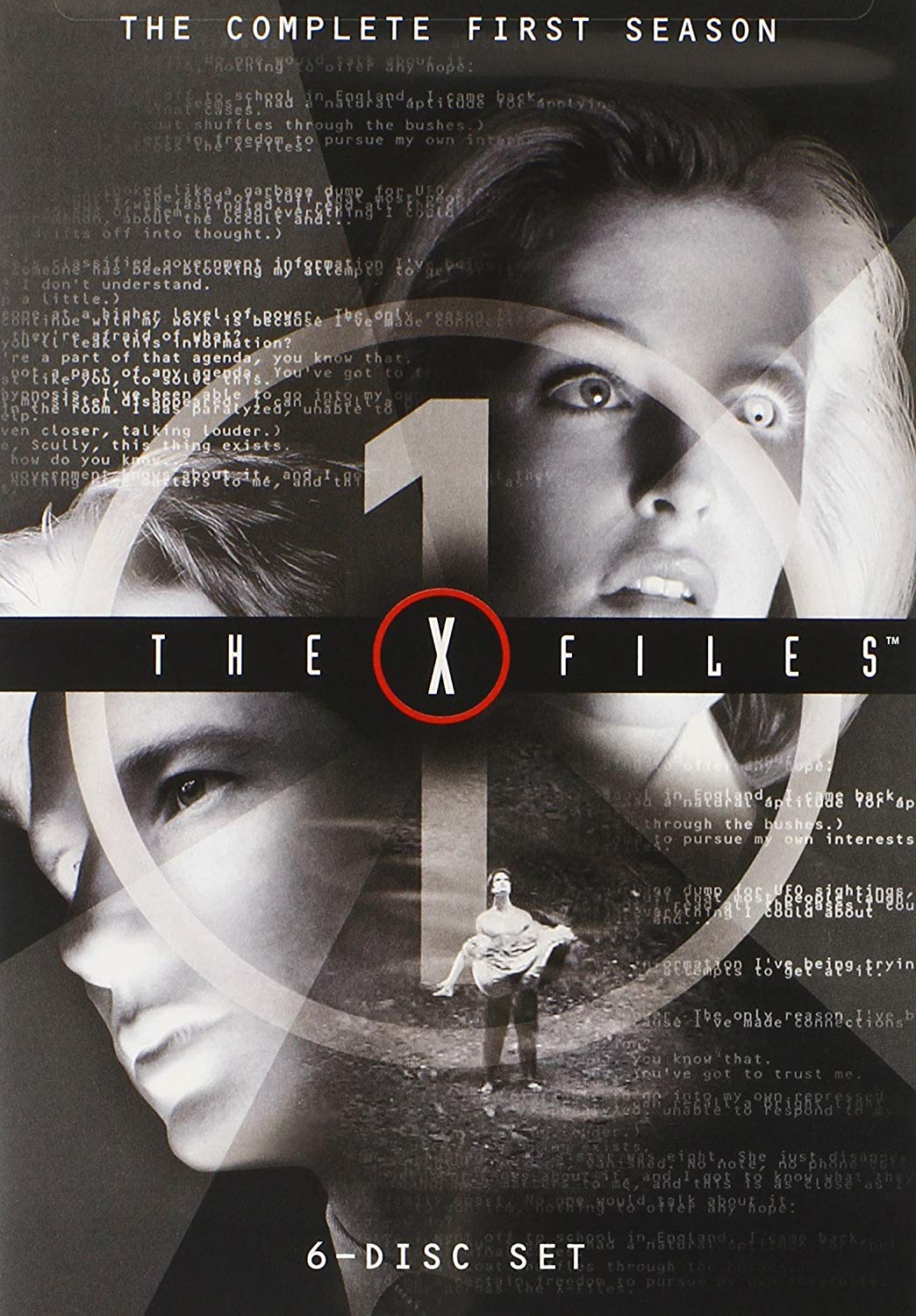
The Flaw: The ridiculous mythology
Fox’s sci-fi series, “The X-Files,” was one of the most intriguing shows to hit network TV in the last few decades. At its best, the show saw its two FBI agents investigating wild mysteries that often involved paranormal activity before moving on to another case the following week. However, series creator Chris Carter also threw in a few episodes every season that expanded the show’s overall mythology, following a plot arc that lasted through all of its seasons. The problem was that the plot in these episodes was so convoluted and the spacing between installments was so vast that it was virtually impossible for even the most loyal fans to keep everything straight.
If you ask fans of “The X-Files” whether they prefer mythology episodes or so-called monster-of-the-week episodes, I’d bet all of them will take the latter choice.
‘Friends’

The Flaw: Tone-deaf comedy
For being one of the most beloved and lucrative shows in TV history, “Friends” sure has drawn a lot of pointed criticism over the years. While the show ran on NBC from 1994-2004, a rewatch of the series today makes some of its comedy feel extremely dated. For instance, the main characters show evidence of homophobia, transphobia, misogyny and a lack of concern for other people’s feelings by committing blatant examples of sexual harassment and fat-shaming, all of which are played for big laughs.
Modern viewings of the entire character of Ross alone have led to scorching essays against the series.
‘The Office’
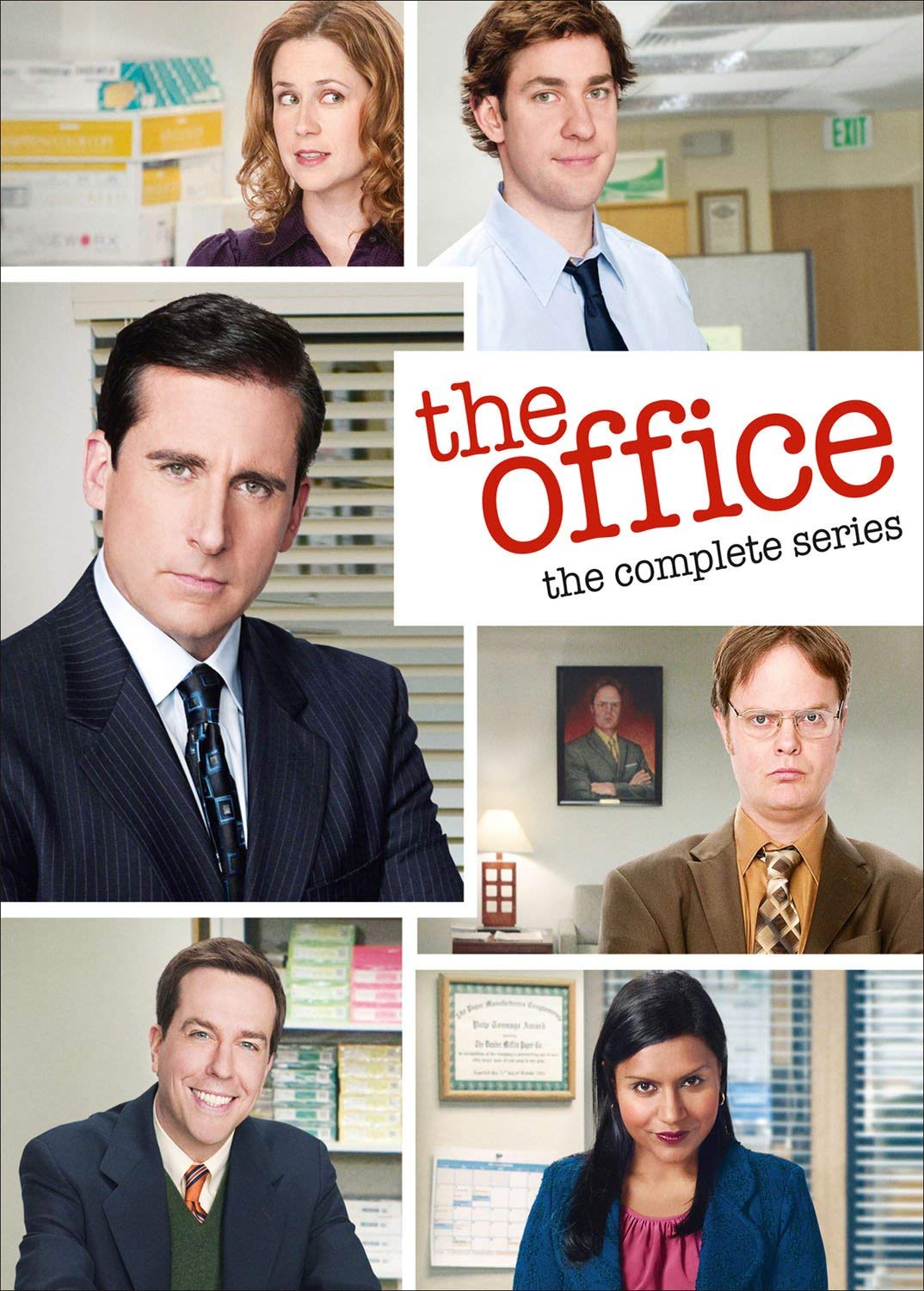
The Flaw: Steve Carrell took the show with him
Another hit NBC sitcom that has a glaring problem was “The Office.” Few can argue with the brilliance of the workplace satire once it hit its stride during the second season but pretty much everyone agrees the show went on too long in the end. Steve Carrell, who played bumbling boss Michael Scott, was the best part of the series and when he left the show at the end of the seventh season, he proved irreplaceable.
The show went on for two more seasons, filling the gap with a slew of unlikable characters played by James Spader, Will Ferrell, Catherine Tate and even Kathy Bates, with none of them able to match Carrell’s charisma, making those final seasons tough to sit through.
‘Game Of Thrones’

The Flaw: The writers were lost without the books
The first five seasons of HBO’s “Game of Thrones” were met with near-universal acclaim from critics and made the show one of the few must-watch-live series of the post-streaming era. Part of the reason the show’s storytelling was so strong was that it was based on a long-running series of novels by author George R.R. Martin. However, the show’s writers ran out of source material after the fifth season ended, removing their foundation for the final three seasons.
It’s no surprise that the show’s critical acclaim dwindled in those years, with even the most loyal fans decrying major plot decisions, such as the resurrection of Jon Snow and the end of Daenerys’s arc. The final episode of “Game of Thrones” has even been called the worst finale in TV history.
‘The Simpsons’

The Flaw: Homer became too stupid
Nobody can deny that Fox’s “The Simpsons” is among the most successful media franchises in history but most people also can’t deny that the show’s quality has waned drastically over the years. While a major part of the cartoon’s humor derived from its silly situations and the immense stupidity of its main character, Homer Simpson, he was typically revealed to have a great heart and a deep love for his family during the early seasons. But somewhere during its long run, the show — and Homer in general — lost its tenderness, becoming more cynical and broad in its humor.
Many people agree the change in style and dumbing down of Homer started around season nine, which aired all the way back in 1997-98.
‘Parks And Recreation’
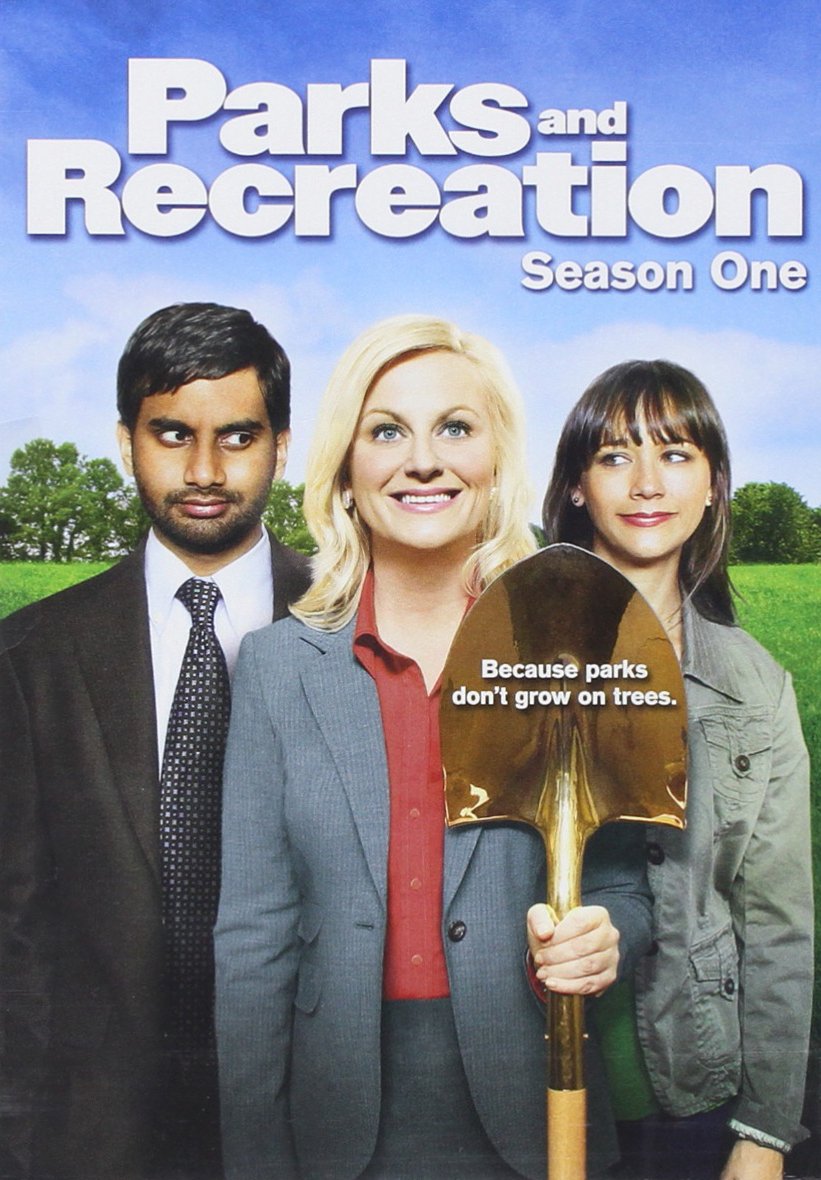
The Flaw: The first season is awful
It’s not uncommon for the first season of any great show to be a little weak, as everyone working on it tries to define exactly what the series will be. However, it’s a little strange for the first season to be so bad that fans of the series recommend newcomers skip it entirely.
That’s the case with NBC’s “Parks and Recreation,” which became a fantastic show once it stopped trying to copy “The Office” so much and cut some of its dead weight. Remember Mark Brendanawicz? Yeah, I didn’t think so.
‘NYPD Blue’
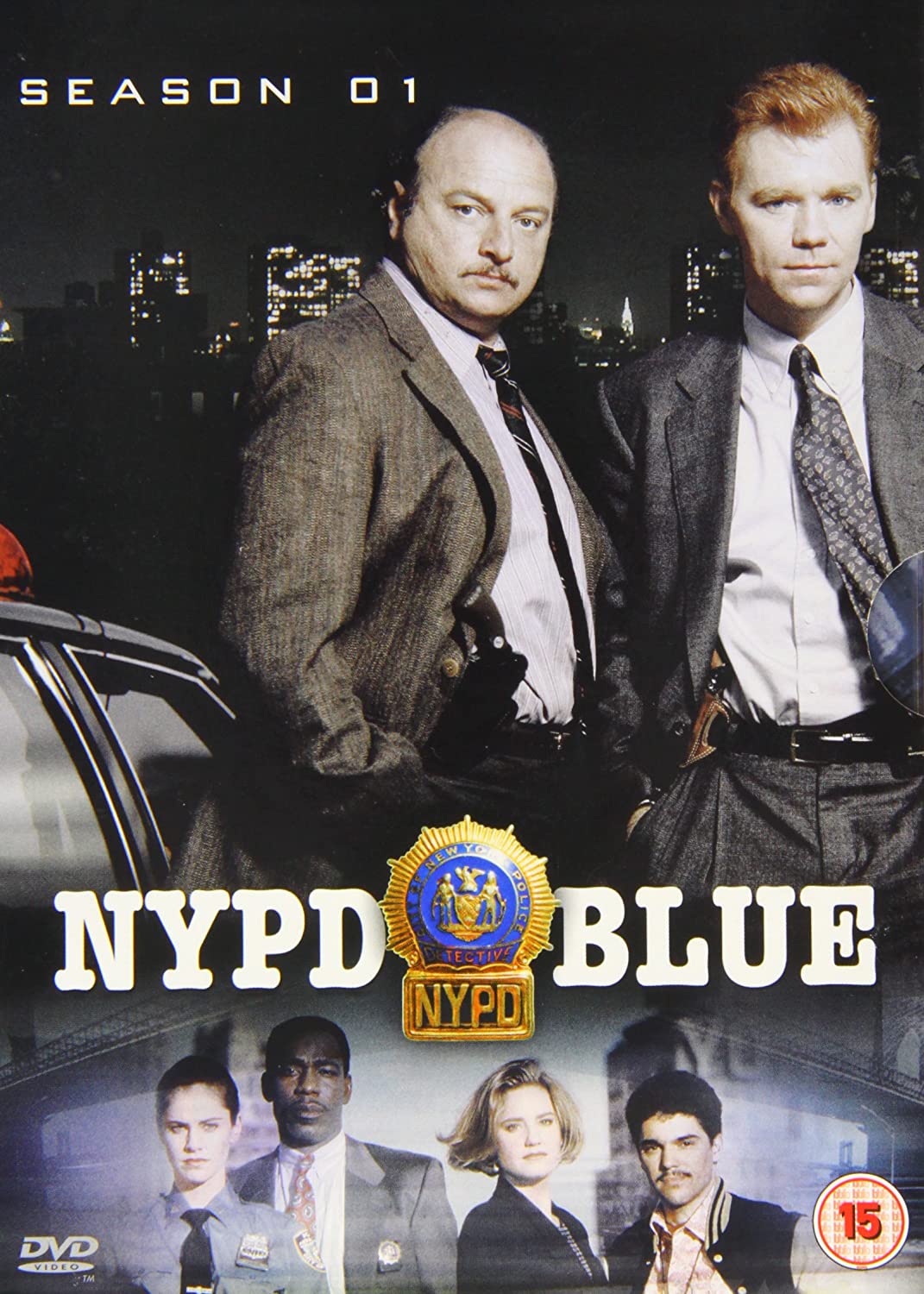
The Flaw: The revolving door of co-stars
When “NYPD Blue” debuted on ABC in 1993, it was immediately hailed as one of the most innovative shows in TV history and its first season racked up a record 26 Emmy nominations. The show would eventually run for 12 seasons, but backstage drama and on-set tension, caused mostly by mercurial showrunner David Milch, led to constant turnover among the cast. Dennis Franz was the anchor of the entire run as troubled NYPD Detective Andy Sipowicz but his partner and co-star changed every few seasons, keeping the series from ever having much lasting continuity at the top. The supporting players at the 15th Precinct also seemed to change by the season, making it tough to get attached to anybody.
‘Dexter’
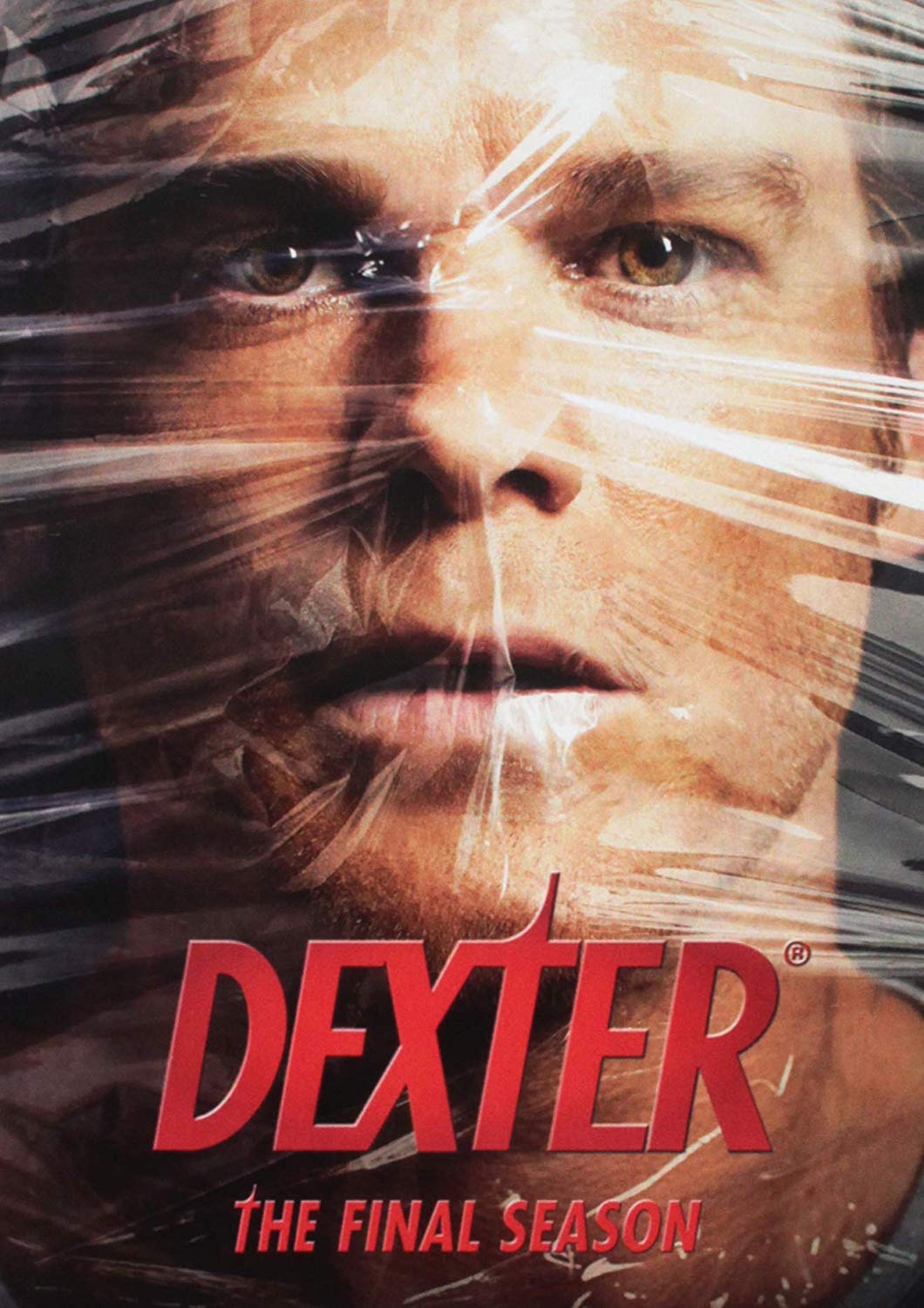
The Flaw: Deb’s ridiculous love life
The mid-2000s Showtime hit, “Dexter,” had moments of brilliance over its eight seasons but it also suffered from some wonky character development. While much of the action followed Michael C. Hall’s vigilante serial killer, Dexter, the show’s second lead was his sister, Debra, played by Jennifer Carpenter. As often happens with women characters, much of her personality was defined by her love life, which was so disastrous that it insulted her and the audience.
From dating a string of co-workers and a drug dealer, to even having a crush on her own brother at one point, the writers honestly made Debra look stupid and desperate in her romantic choices, making her whole character seem dull in the process.
‘Lost’

The Flaw: Too few answers
Part of what made ABC’s “Lost” a must-watch drama in its first few seasons was how wild and unpredictable its plot elements were. From the smoke monster to the countdown timer, from John Locke’s wheelchair to the polar bear, there were so many crazy moments that viewers had to keep watching.
Unfortunately, fans who stuck around through all six seasons waiting for clear-cut answers to the island’s biggest mysteries were only greeted with more questions. The show’s writers never even tried to come up with reasons for some of the show’s most intriguing plot points, making fans feel foolish for even pondering them.
‘Boardwalk Empire’

The Flaw: Aimless plotting
On paper, HBO’s “Boardwalk Empire” sounds like it would be an arresting classic of the era of antihero TV but too often the show just felt like it didn’t know where it was going. Its production values looked blockbuster-level and its cast boasted some incredible actors but too often they felt underutilized by character arcs that went nowhere. The Boston Globe once wrote that the show’s supporting players always either stuck around too long or disappeared too quickly. Similarly, Grantland described the overall plot as “strikingly aimless,” despite many outstanding moments during its five-season run.
‘House Of Cards’
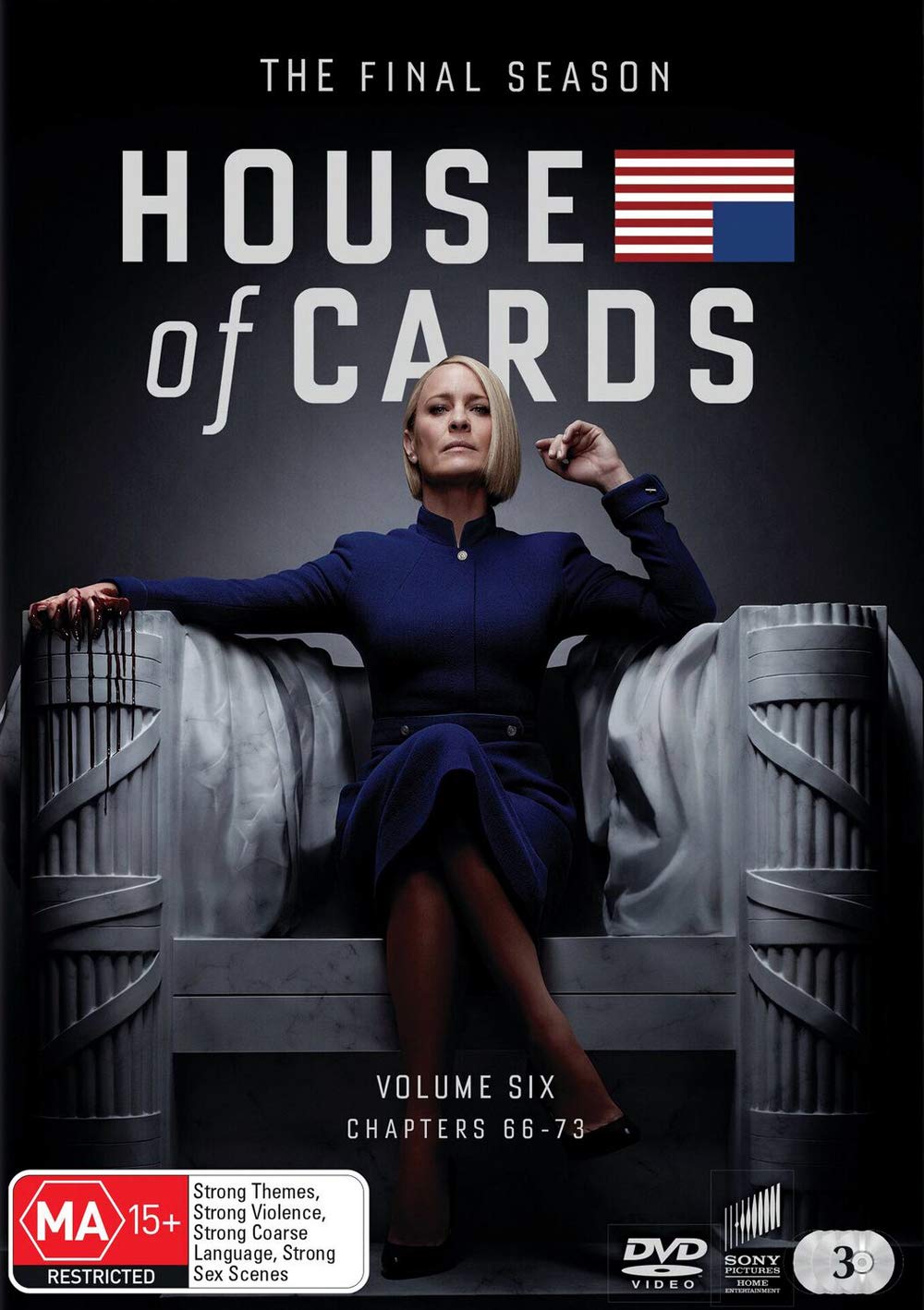
The Flaw: Frank’s ugly exit
For much of its first five seasons, “House of Cards” was a tantalizing, must-watch drama that helped elevate Netflix to a serious player as a producer of original shows. The show’s power came from the dynamic between its two leads, Frank and Claire Underwood, a ruthless couple in American politics played by Kevin Spacey and Robin Wright.
When Spacey was fired from the show after the fifth season, following allegations of sexual assault, the writers decided to kill Frank off during the break. What resulted was something like a murder mystery in a weak final season that felt like it came from another series entirely.
‘The Twilight Zone’

The Flaw: Inconsistent episode quality
Anyone who’s watched a lot of anthology shows knows that they live and die on an episode-by-episode basis. It’s true for any series in that genre but “The Twilight Zone” has somehow earned the reputation as an unassailable paragon of TV history, when even it had plenty of bad outings. While the majority of episodes from the 1959 iteration of “The Twilight Zone” hold up to this day, duds like “The Whole Truth,” “Mr. Bevis” and “Cavender is Coming” are bad enough to stop a full-series streaming binge in its tracks.
‘American Horror Story’
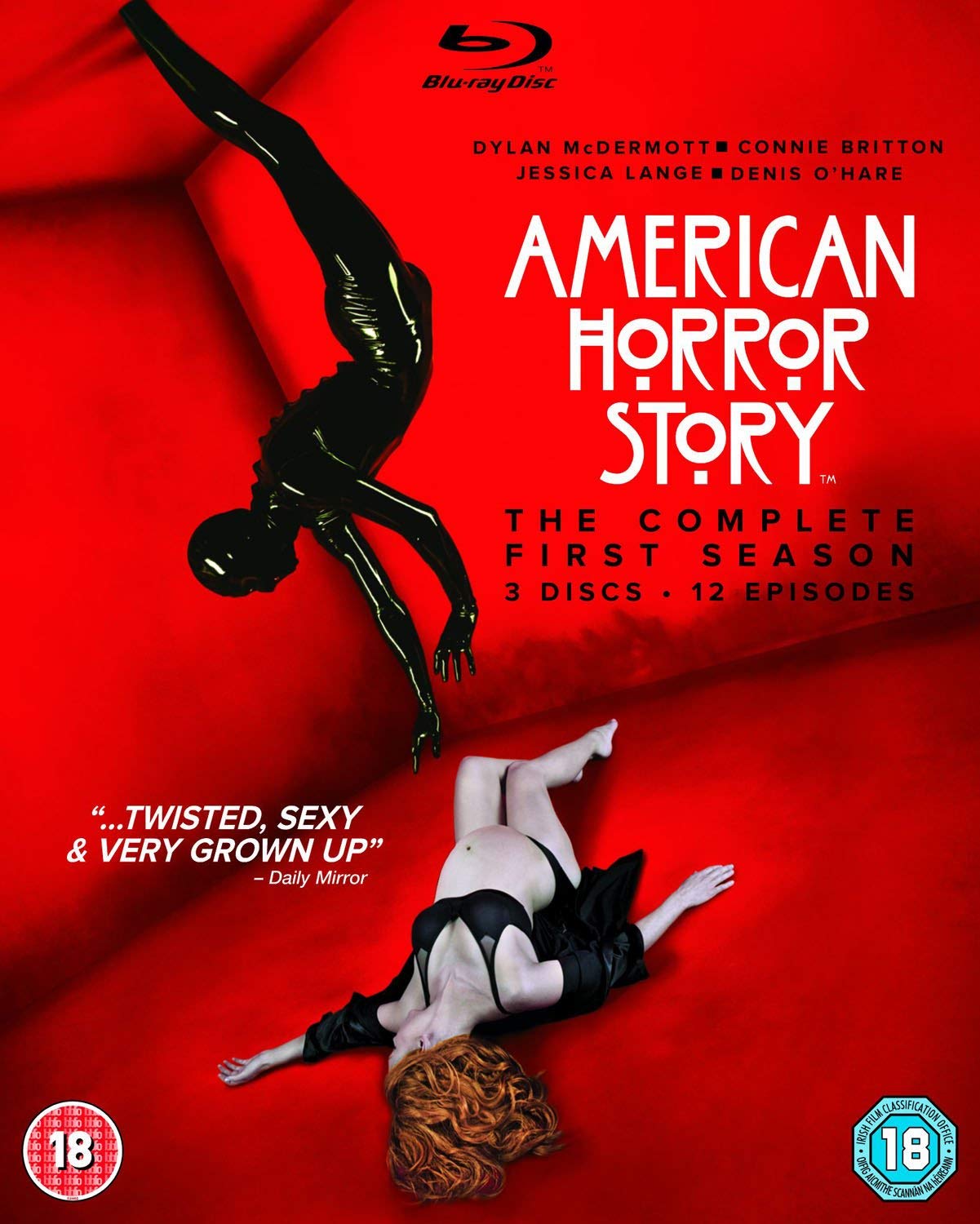
The Flaw: Inconsistent season quality
If a few bad episodes peppered into an anthology series are enough to turn you off, then entire seasons of them will surely leave a bad taste in your mouth. When FX’s “American Horror Story” has been at its best, it’s given us moments that will creep us out for years to come, but during its weakest seasons, it can be a real chore to sit through. While all viewers have their own preferences for the show’s outings, “Hotel” and “Cult” seem to be the ones that disappoint fans most. Thankfully, the show’s memorable seasons outnumber the weak ones.
‘Twin Peaks’
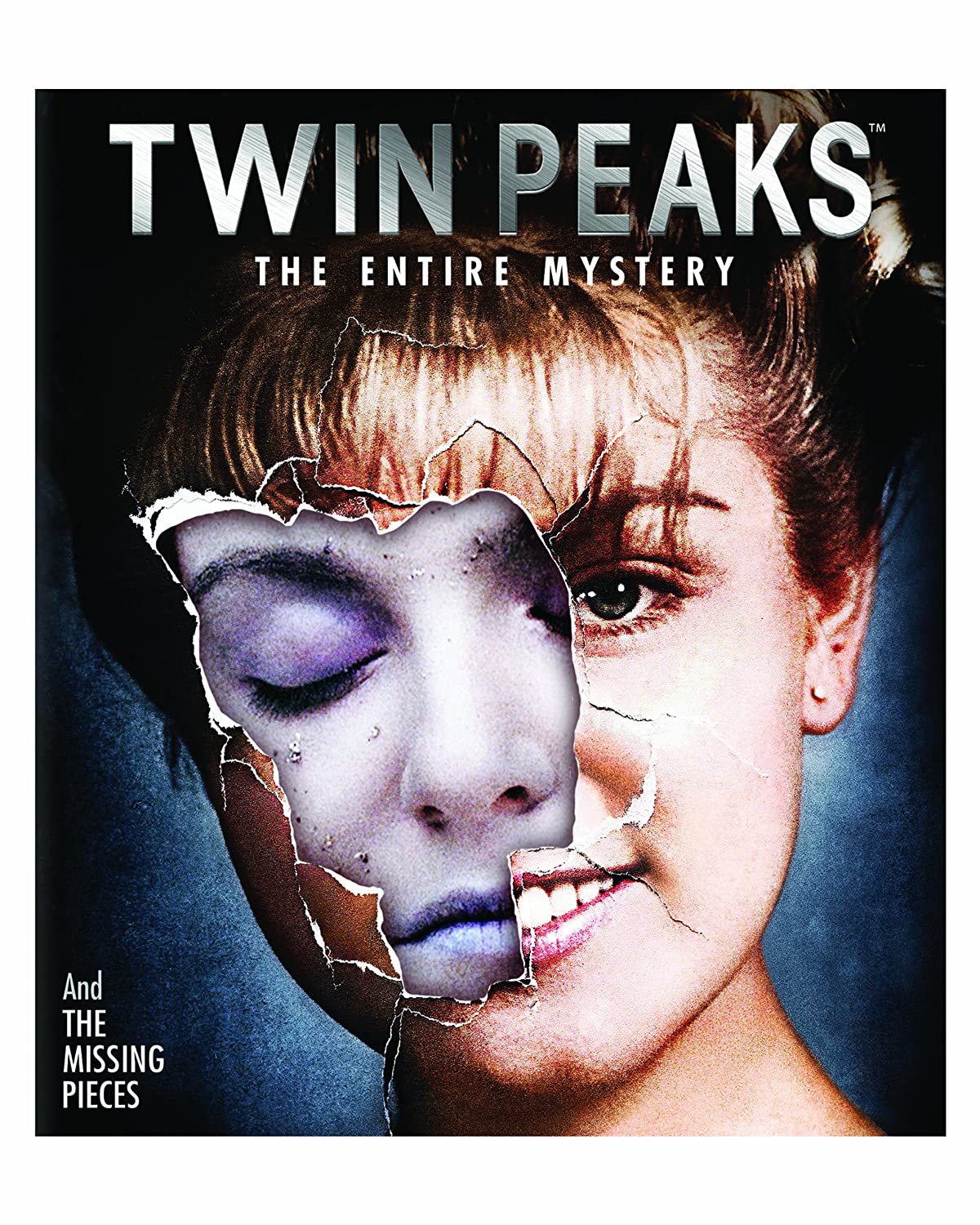
The Flaw: The big reveal
When “Twin Peaks” debuted on ABC in 1990, it earned acclaim from critics and viewers who fell in love with its weird vibe and the murder mystery at its center. Despite being a ratings hit, the show was eventually canceled after just two seasons, partly because of an ill-advised decision to wrap up the aforementioned whodunit.
“Twin Peaks” was about much more than just the killing of Laura Palmer, but when ABC executives urged co-creator David Lynch to reveal her killer during the second season, it wound up sapping much of the drawing power of an otherwise-great show.
‘Six Feet Under’
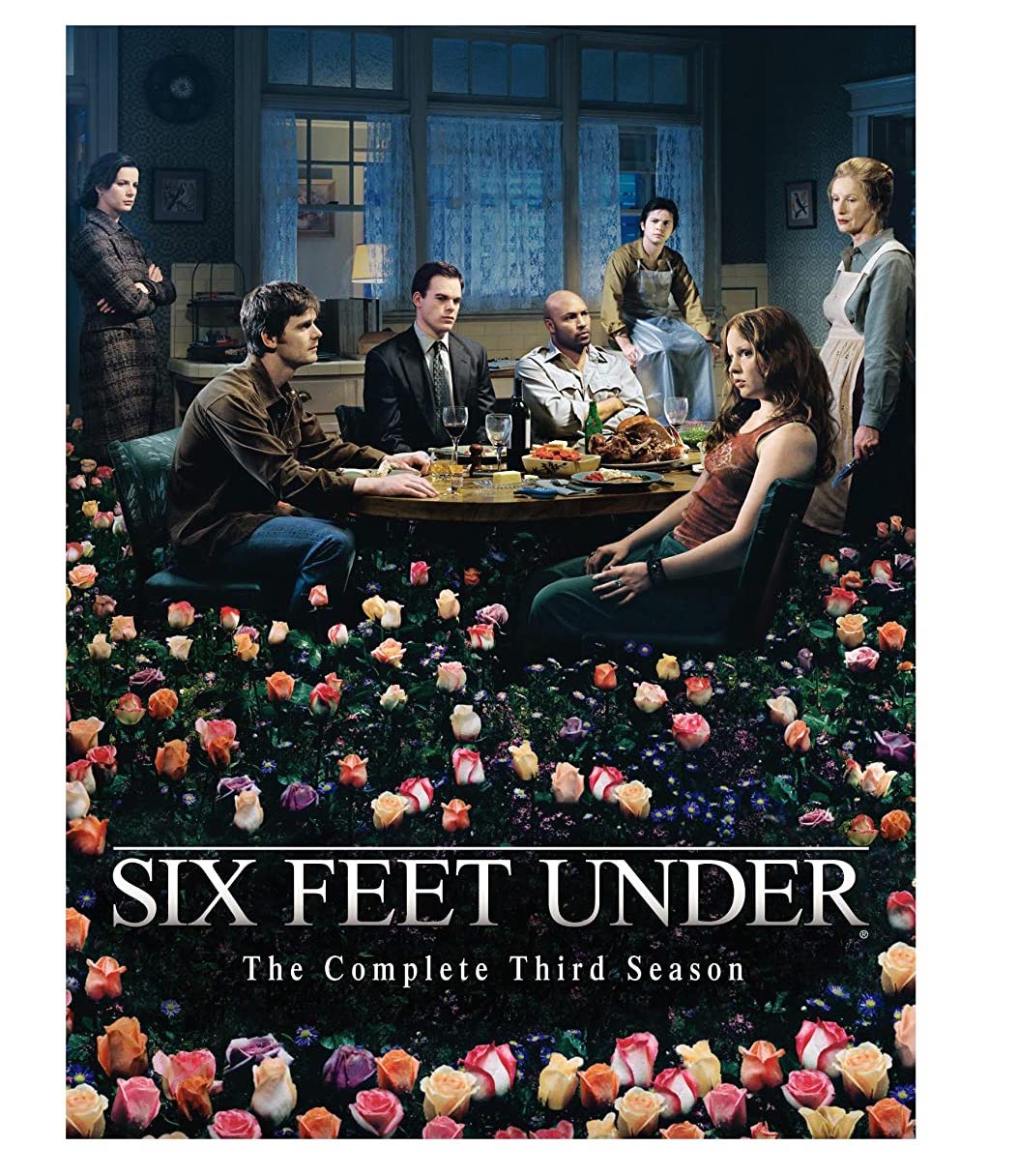
The Flaw: Frustrating characters
HBO’s “Six Feet Under” is one of the most beloved shows of the 2000s, but it’s far from a flawless piece of television. For much of its five-season run, the family drama at its core got bogged down in cartoonish characterizations and melodramatic storylines.
Exaggeration is part of the show’s fabric, but the more glaring flaw that irritates even the biggest fans is how frustrating the lead characters are to follow. The main figures in and surrounding the Fisher family consistently make such bad decisions and seem to grow so little that it makes it a minor chore to continue rooting for them as the years wear on.
’24’

The Flaw: Justifying torture
Speaking of exaggerated shows, “24” was a prime example of that type of storytelling for its nine seasons on Fox. It was about as subtle as a jackhammer but viewers and many critics loved it for its breathless action and good-beating-evil fantasy.
Beneath all the heart-pounding moments was an unsettling narrative that seemed to approve the use of torture as a law-enforcement tactic and a jingoistic tone that highlighted the worst attitudes in America after 9/11. It’s tough to not get sucked in by the intensity of “24,” but its overall message can be hard to stomach for many.
‘House’

The Flaw: House’s addiction dominates the plot
Another dark hit for Fox in the 2000s, “House” put a unique spin on the medical drama by making its lead physician an utterly unlikable character. Dr. Gregory House, played perfectly by Hugh Laurie, was brilliant at his job as a diagnostician but his prickly personality and an addiction to painkillers make him a tough guy to work with. In the show’s first few seasons, House’s addiction was mostly a background point while the show’s action focused on him and his team figuring out strange medical mysteries, which made for great viewing.
Eventually, however, that plot point comes to dominate the series, landing House in an institution in one of its wackier storylines.
‘Mad Men’
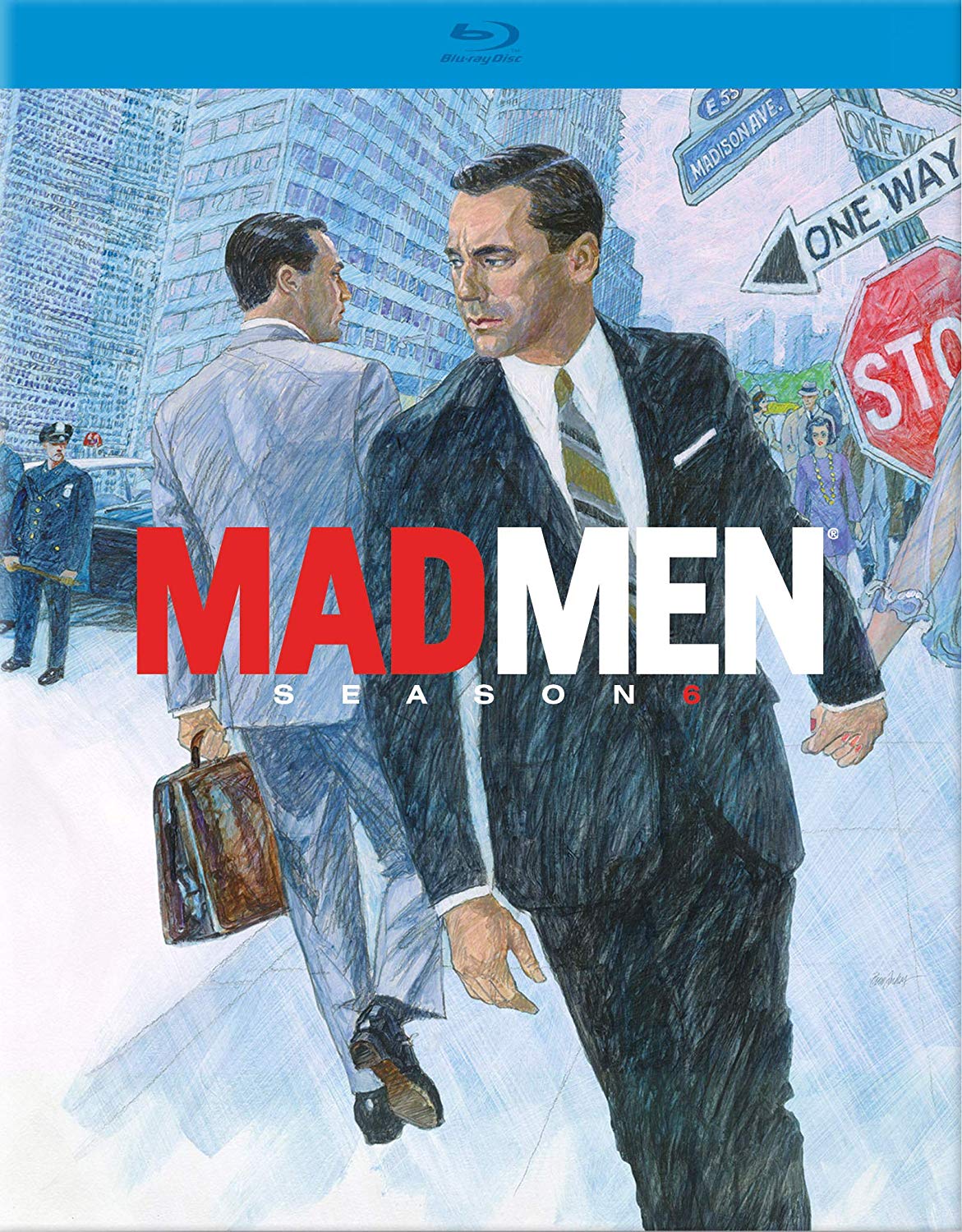
The Flaw: Glen Bishop
AMC’s late 2000s hit, “Mad Men,” is a masterpiece from top to bottom but there’s a major flaw that still bugs fans to this day. During the show’s third episode, viewers were introduced to Glen Bishop, a little boy who comes off as creepy and off-putting nearly every time he appears on screen. Part of this was due to how he was written — and his strange relationship with the much older Betty Draper — but also because of the fact that he was played by an amateur actor. The boy who played Glen through the show’s run was Marten Weiner, the son of “Mad Men” creator Matthew Weiner.
The entire arc of Glen’s character feels like an afterthought and ultimately has very little bearing on the rest of the show, despite feeling like it will be a major point in the early going. It just seems like a missed opportunity.
‘Orange Is The New Black’
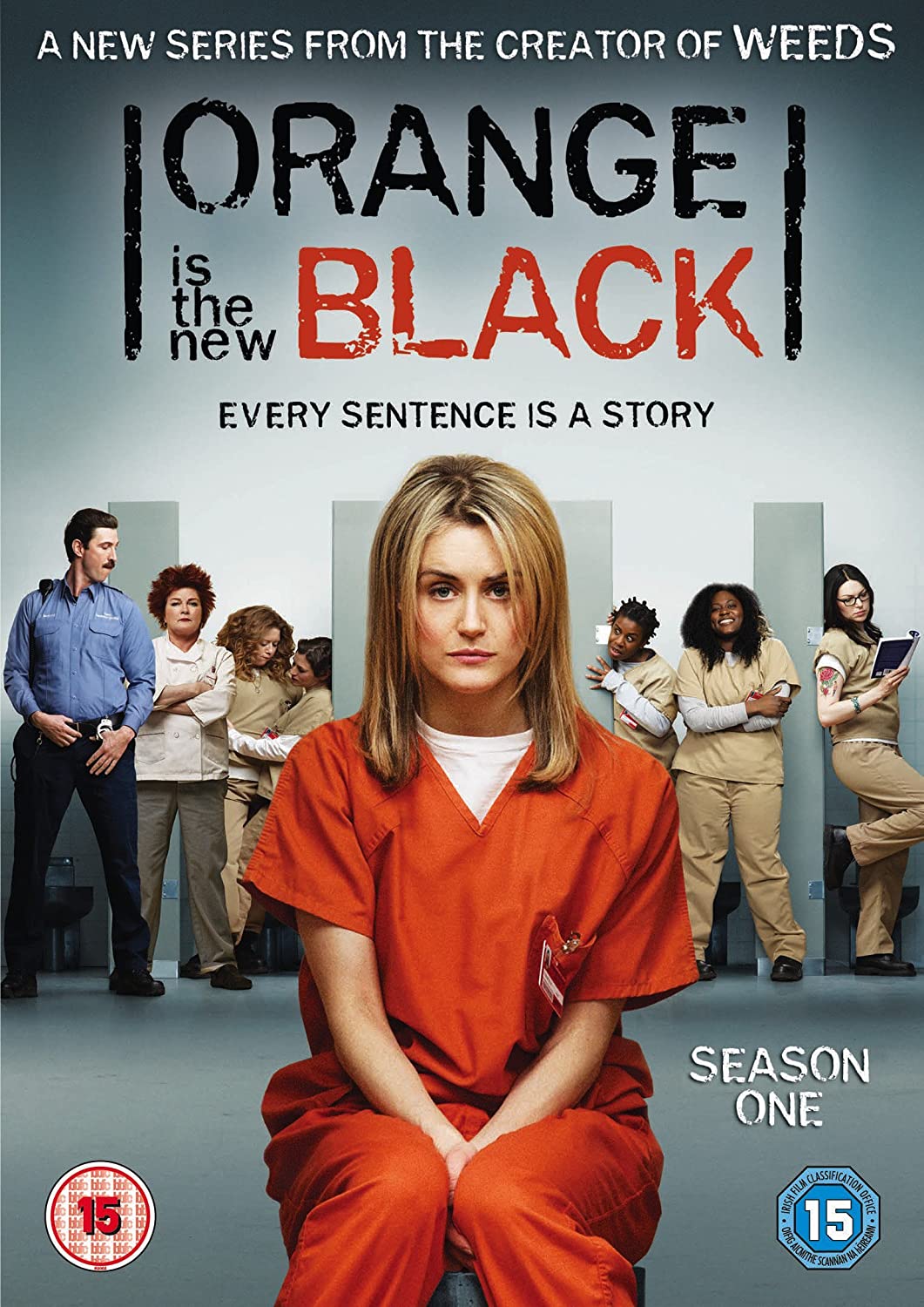
The Flaw: A weak main character
Netflix’s “Orange is the New Black” was one of the streaming network’s biggest hits, stemming back to its early days of producing original content. The show boasted a huge ensemble of memorable characters, comprised mostly of inmates and employees at a women’s prison. What wasn’t as intriguing was its main character, Piper Chapman, a privileged white woman who found herself serving time. The show focused heavily on her in the early seasons and she always maintained the starring role, but “Orange is the New Black” was much more arresting when it followed the other women at Litchfield.
‘This Is Us’
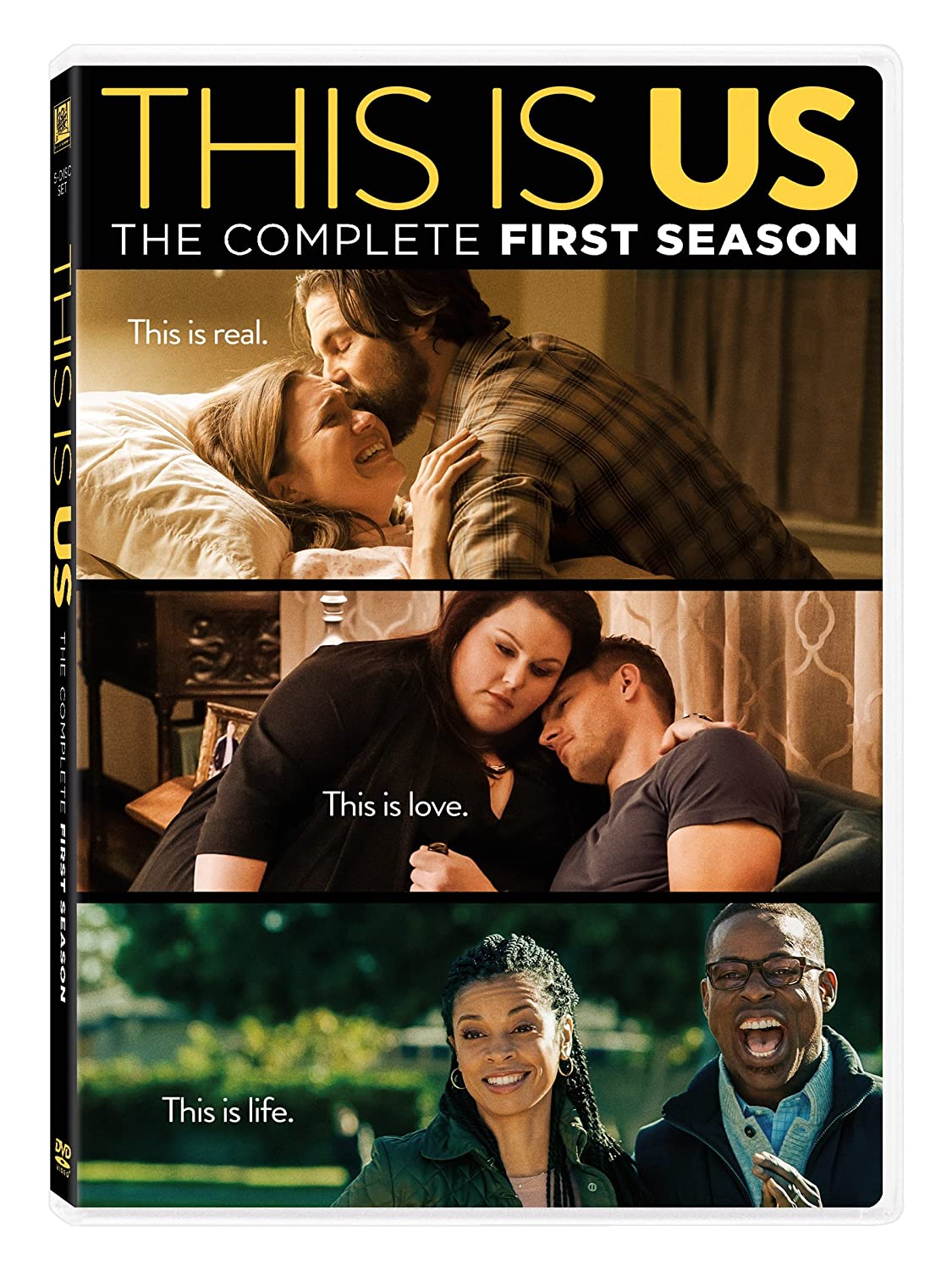
The Flaw: Randall’s career change
For as great as NBC’s “This Is Us” can be at times, it can be equally mystifying in the way it uses its lead characters. Randall, played by Sterling K. Brown, is the resident overachiever of the Pearson family, typically getting whatever he desires through sheer will and determination. This pattern was at its most unbelievable during the third season, when he took on not one, but two new careers that were completely unlike his old job in finance. He decides to buy a run-down apartment building in Philadelphia on a whim, becoming a landlord in a city that’s hours from his family’s home, and then ups the ante by running for office as a city councilman there as well.
We all know Randall is a smart guy but a job in politics in a major city is something he was completely unqualified for, requiring a huge suspension of disbelief for the viewers.
‘The Handmaid’s Tale’
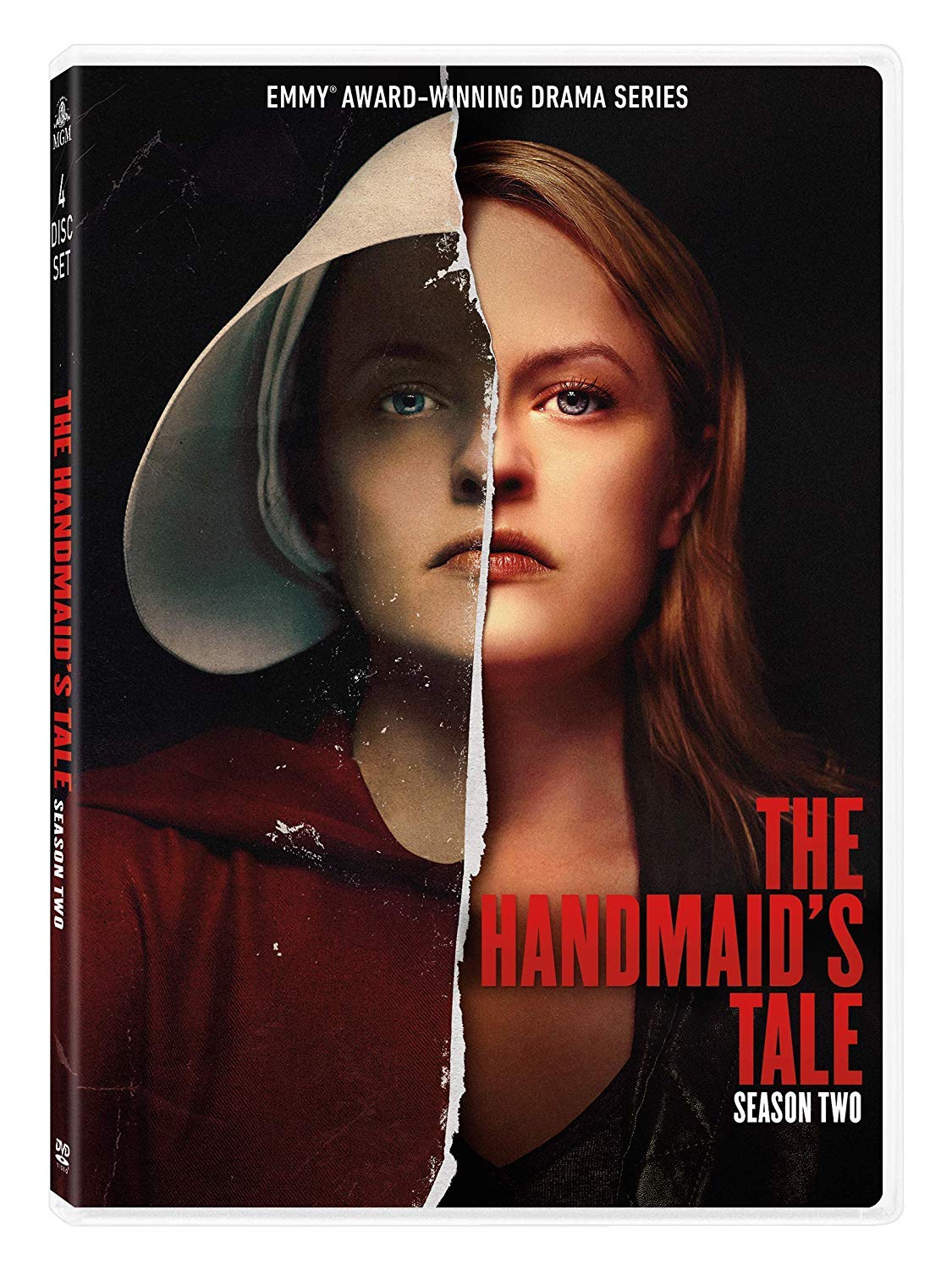
The Flaw: It’s too damn dark
The rise of dark and edgy TV shows may have hit its zenith with Hulu’s “The Handmaid’s Tale.” While shows like “Breaking Bad,” “The Wire” and “The Shield” were mired in utter darkness much of the time, they also had plenty of humor and heart to lighten things up. “The Handmaid’s Tale” skips any attempts at being light, resulting in a series that is so relentlessly grim that it can be difficult to watch. Maybe this acclaimed and well-executed series will be easier to stomach once we live in a friendlier world that isn’t battling the effects of climate change and a global pandemic but right now, it’s just too bleak to enjoy.
’30 Rock’
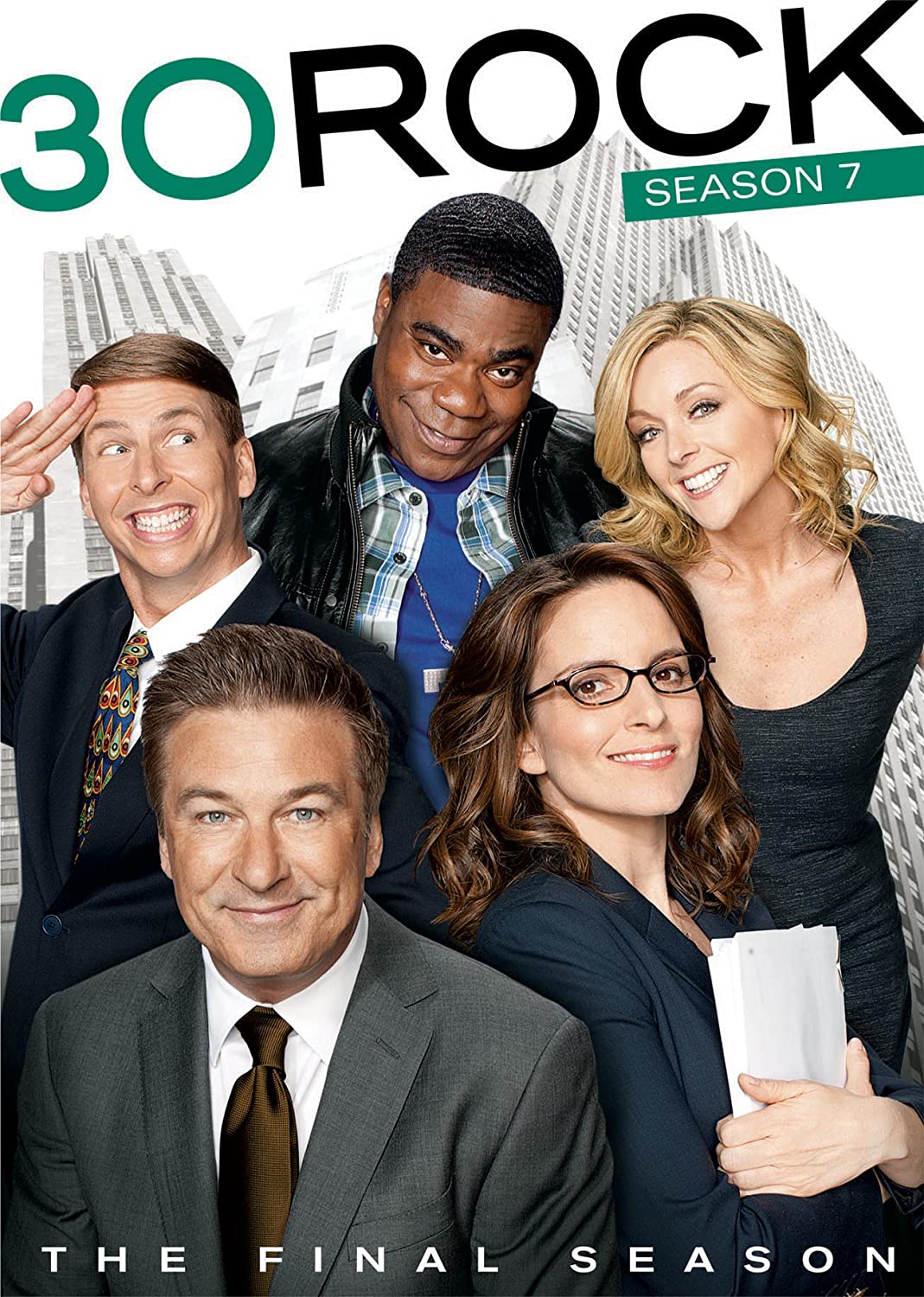
The Flaw: The use of blackface
During its seven seasons on NBC, “30 Rock” was a magnet for Emmys and acclaim, but its reputation has taken a beating in recent years. The sitcom, which Tina Fey starred in and created, has come under fire for its use of blackface as a way to get laughs. The show used this racist device in three different episodes, featuring characters played by Jane Krakowski and Jon Hamm in blackface.
Those episodes have since been pulled from the services that stream the series in an awkward attempt at scrubbing them from existence. Even though much of “30 Rock” is full of smart satire, this legacy will likely plague the show forever.
‘Modern Family’
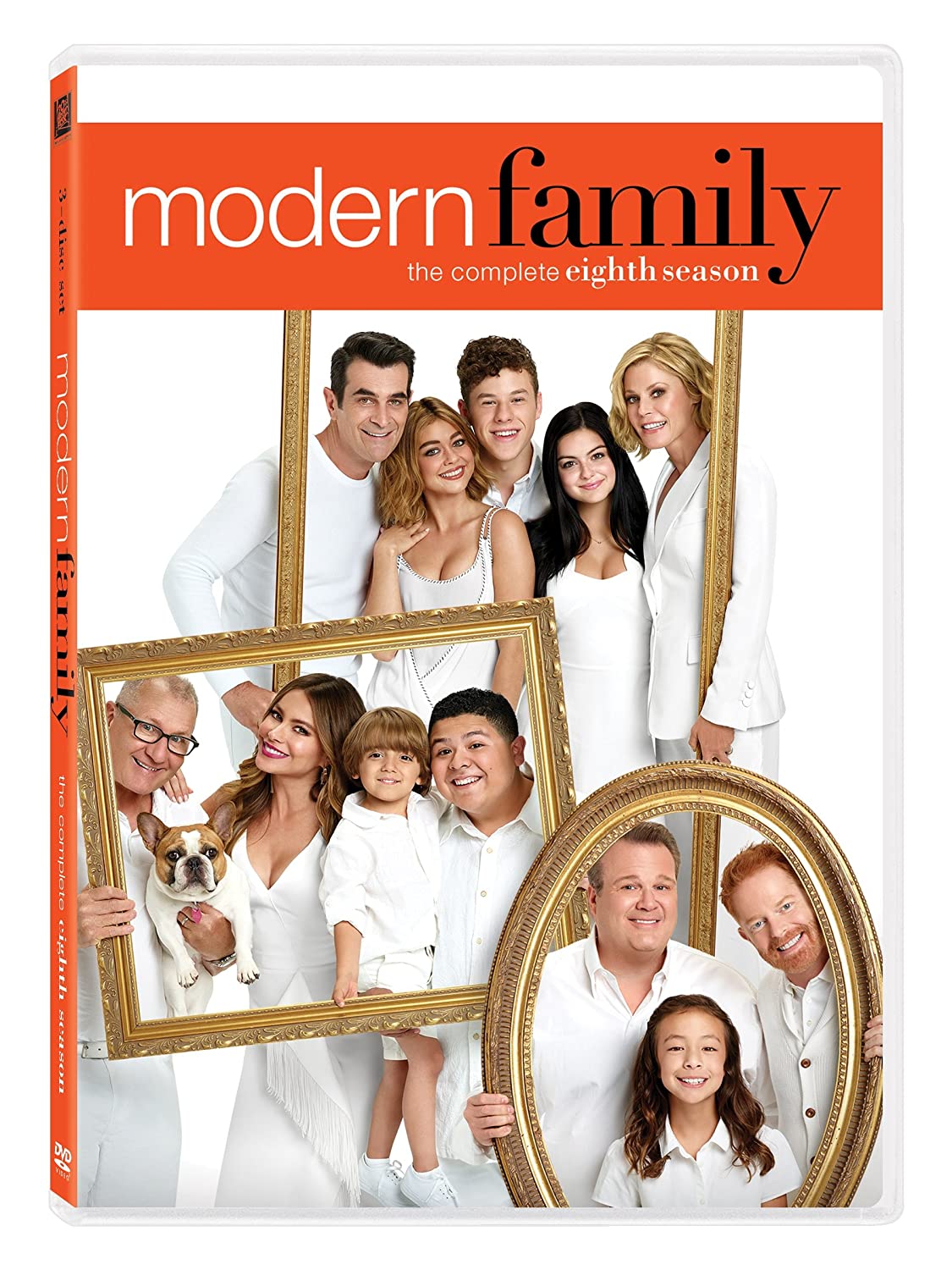
The Flaw: One-note characters
Similar to what happened with “The Simpsons,” the biggest issue with ABC’s “Modern Family” is that it just got too predictable at some point and lost sight of what made it so great at the beginning. The show, which followed the members of a large extended family in documentary style, was always a sitcom but it was relatable and mostly realistic in the early going. After a few years, many of the show’s characters turned into one-note cliches, especially Haley Dunphy, who became so stupid it was hard to watch. The minor bits of the characters’ personalities that were touched on in the early episodes ended up completely defining them, making the later years plenty dull.
‘Louie’
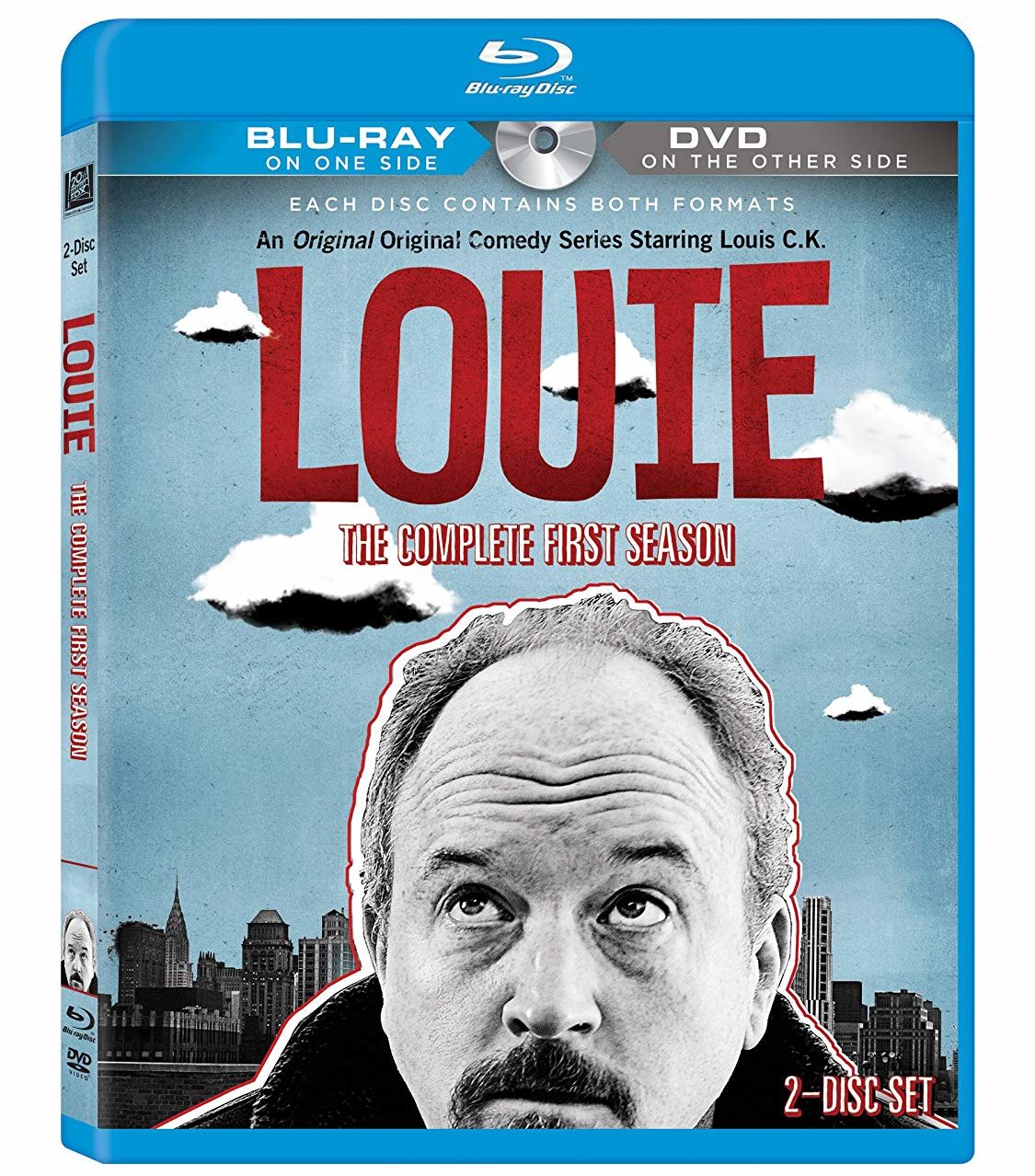
The Flaw: Louis C.K. is a jerk
FX’s comedy, “Louie,” was one of the most unique shows on TV during its five-season run, constantly surprising viewers and critics with the direction it would take from week to week. While the series is still a fascinating watch, it comes with the stinging guilt that accompanies enjoying the works of guys like Bill Cosby, Woody Allen and Roman Polanski. When creator and star Louis C.K. admitted to sexually harassing several women who’d made stomach-churning accusations against him in 2017, the show’s celebrated run suddenly ended.
‘Master Of None’
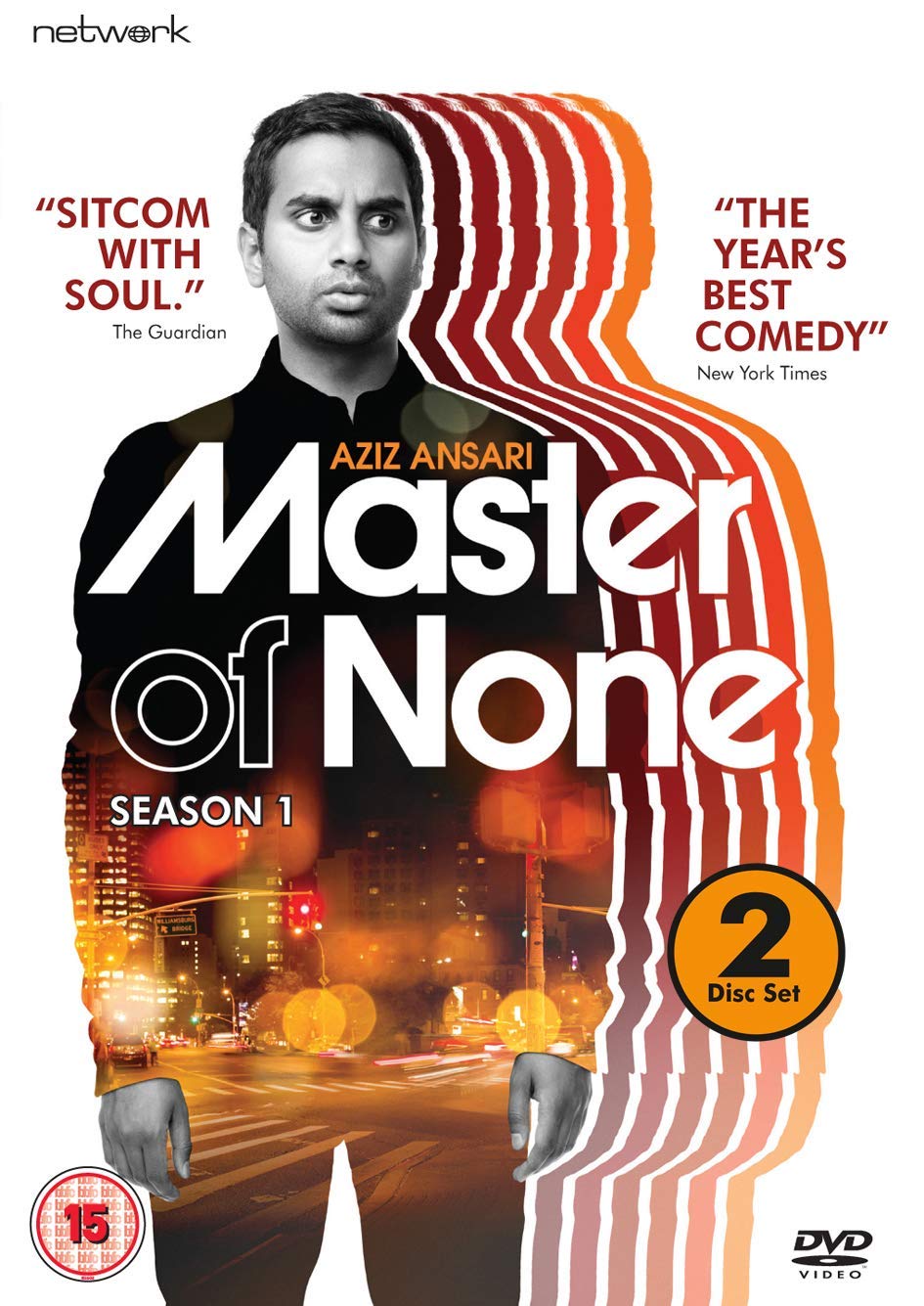
The Flaw: Thin characters
Comedian Aziz Ansari’s Netflix series, “Master of None,” has been hailed by critics as one of the best shows of the streaming era, but it’s not exactly flawless. The biggest issue of this slow-burning comedy is the construction of its characters, which is flimsy at best. The main character, Dev, isn’t exactly three-dimensional, often coming off as a man without real flaws whom the show desperately wants to paint with a heroic brush.
This issue especially comes into play with the supporting characters, who often don’t feel like real people at all, partly due to casting. As Slate’s Willa Paskin once wrote, all of Dev’s friends seem to be played by bad actors. Maybe it’s just that they had nothing to work with.
Sponsored Content

